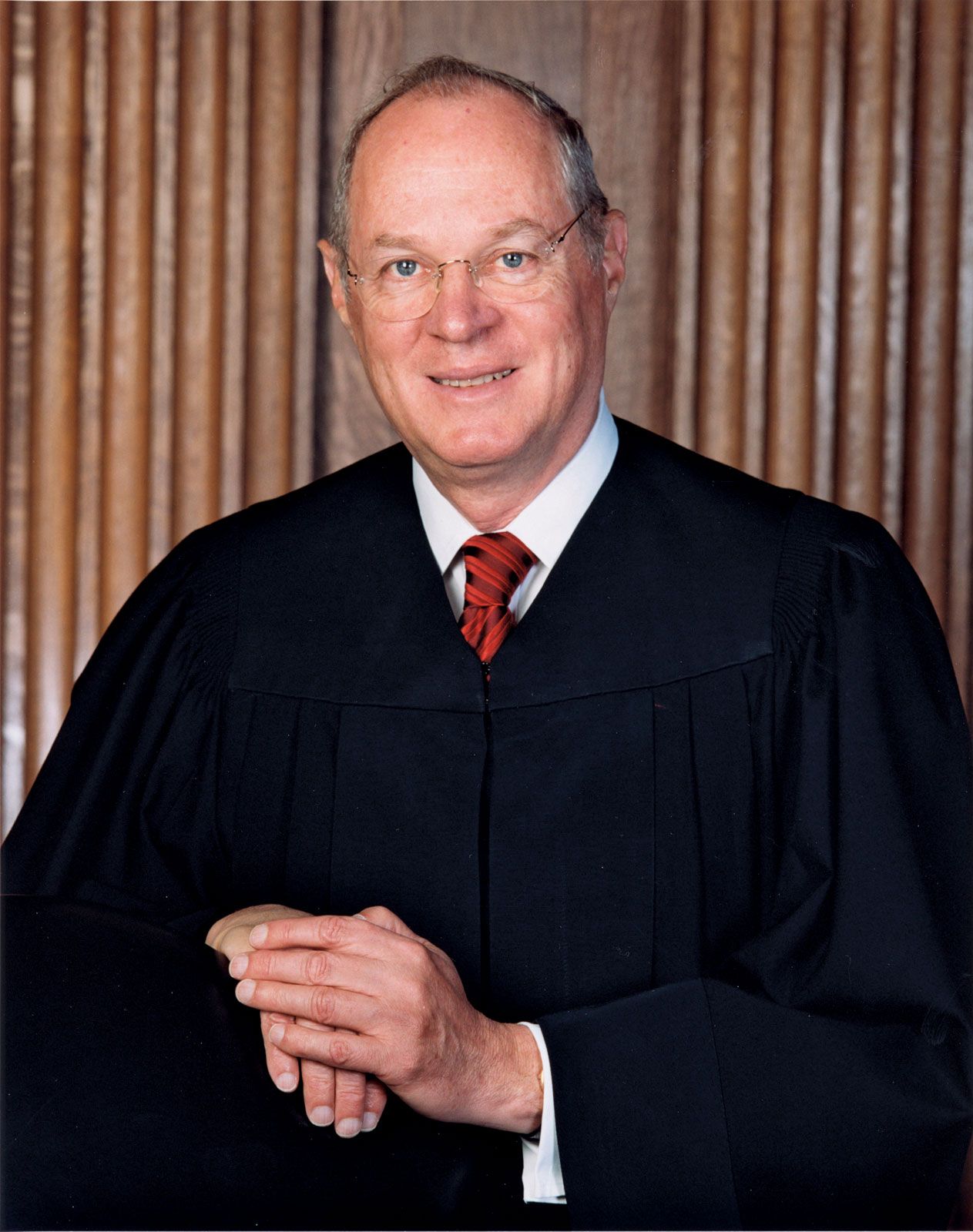Key Highlights
- Former Supreme Court Justice Anthony Kennedy reflects on his time on the bench in his new memoir.
- Kennedy details how his upbringing in the West influenced his legal philosophy and career choices.
- The justice discusses pivotal cases, including abortion rights and same-sex marriage, and their impact.
- Concerns over civility on the Supreme Court are expressed by Kennedy as he looks back on his tenure.
From Western Spirit to Supreme Bench
Former Supreme Court Justice Anthony Kennedy, in his new memoir “Life, Law & Liberty,” recounts how his upbringing in the West shaped his legal career. Born and raised in Sacramento, California, Kennedy credits the region’s values of equality, liberty, and freedom as foundational to his judicial philosophy.
A Force on the Bench
At just 38 years old, Kennedy became the youngest judge on the 9th Circuit Federal Court of Appeals. His early experiences, such as presiding over Lynette “Squeaky” Fromme’s bail hearing during the attempted assassination of President Gerald Ford, showcased both the challenges and personal risks associated with his role.
“It took me probably ten seconds to decide no,” Kennedy said when asked about denying Squeaky Fromme bail. Days later, his home was broken into, but he suspected a connection to the case and remained vigilant, attributing his safety largely to the U.S. marshals’ protection.
Swing Justice and Pivotal Decisions
Kennedy’s tenure on the Supreme Court was marked by significant decisions that shaped American society. His role as a “swing justice” made him pivotal in several landmark cases, including Roe v. Wade, where he supported abortion rights, and Obergefell v. Hodges, which legalized same-sex marriage.
Justice Kennedy’s opinion in the latter case is particularly noted for its eloquent articulation of the importance of marriage: “No union is more profound than marriage, for it embodies the highest ideals of love, fidelity, devotion, sacrifice, and family.” His opinions often centered on themes of freedom and liberty, influencing future legal interpretations.
Reflections and Concerns
Kennedy steps back to reflect on his legacy and the state of the Supreme Court. Since stepping down in 2018 during the first Trump administration, he has focused on spending time with his family and grandchildren while remaining concerned about the current court’s tone.
“I’m actually somewhat concerned about the Court,” Kennedy remarked. “It’s a little bit too personal and confrontational, some of the opinions. I’m hoping that will settle down a little bit.” He also expresses worry that the court may be losing sight of civility and ethical considerations in its deliberations.
Looking forward, Kennedy acknowledges that his opinions may face reversal, as evidenced by recent decisions reversing Roe v.
Wade. His reflections on these matters underscore the enduring impact of his judicial career and the ongoing challenges facing American democracy.

